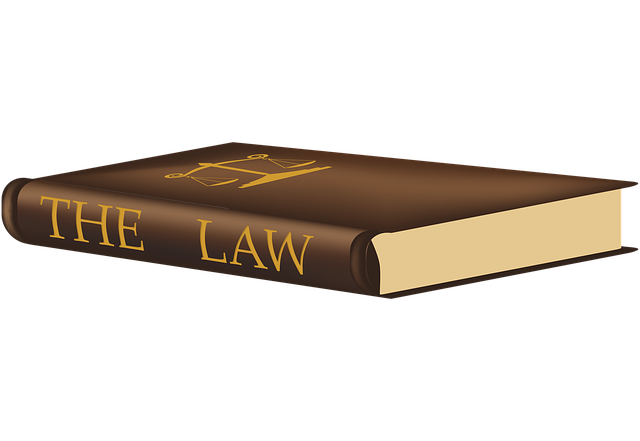RF Regulatory Agencies safeguard wireless communications and ensure judicial integrity by investigating Radio Frequency Interference (RFI) and setting standards for electronic evidence admissibility. In understanding jury biases in criminal cases, particularly white-collar offenses, these agencies mitigate risks and promote fair verdicts by recognizing ageism, gender bias, and racial prejudice. Skilled defense attorneys demystify technical aspects and craft strategic defenses against RF charges, ensuring justice based on solid evidence and legal principles.
RF Regulatory Agency Investigations delve into the critical role of governing radio frequency (RF) activities, ensuring safety and efficiency. This article explores the multifaceted operations of these agencies, focusing on their key responsibilities and investigations regarding RF interference. We analyze case studies highlighting how they safeguard public safety, especially in criminal matters, where understanding potential biases is essential for fair judgments—a concept parallel to recognizing jury biases in criminal cases. By examining these aspects, we gain insights into the complex web of RF regulation and its impact on modern society.
- RF Regulatory Agency Roles and Responsibilities
- Investigating Radio Frequency Interference
- Protecting Public Safety: Case Studies
RF Regulatory Agency Roles and Responsibilities

RF Regulatory Agencies play a pivotal role in ensuring the safe and efficient use of radio frequency (RF) technologies. Their primary responsibilities include enforcing RF-related laws, regulating emissions standards, and promoting innovation while mitigating potential risks. These agencies act as guardians against unauthorized or harmful RF transmissions that could interfere with critical infrastructure, communication networks, and the well-being of individuals.
In the context of understanding jury biases in criminal cases, particularly those involving white collar defense and economic crimes, it’s crucial to recognize the regulatory agency’s role in setting and enforcing standards. Biases in jury trials can significantly impact outcomes, and RF agencies contribute to a fair legal system by establishing guidelines for electronic evidence admissibility and ensuring proper procedures during investigations. This helps maintain the integrity of the judicial process, especially when dealing with complex financial matters or white collar offenses that rely on technical evidence.
Investigating Radio Frequency Interference

When it comes to RF Regulatory Agency Investigations, one of the key areas is delving into Radio Frequency Interference (RFI). This involves a meticulous process of identifying and mitigating signals that can disrupt wireless communications. The agency’s experts utilize advanced tools and techniques to pinpoint sources of interference, which may stem from various factors such as improper equipment configuration or unauthorized transmissions. Understanding these complexities is crucial for both corporate and individual clients facing RF-related charges, especially in the context of today’s highly connected world.
In navigating these investigations, a skilled white collar defense attorney can play a pivotal role. They help their clients understand the technical aspects involved while crafting strategic defenses that address not just the hardware and software issues but also potential jury biases in criminal cases. By presenting compelling evidence and leveraging industry knowledge, successful winning challenging defense verdicts becomes more attainable, ensuring corporate and individual clients receive fair treatment within the legal system.
Protecting Public Safety: Case Studies

In the realm of RF (Radio Frequency) Regulatory Agency investigations, ensuring public safety is paramount. One key aspect of this involves understanding and mitigating potential biases that may influence jury decisions in criminal cases across the country. Studies have shown that jurors often bring preconceived notions and assumptions into the courtroom, which can significantly impact their judgments, particularly in complex cases involving white-collar and economic crimes.
By delving into these biases, RF regulatory agencies play a crucial role in upholding justice. Case studies illustrate how awareness of common biases, such as ageism, gender bias, and racial prejudice, allows for more objective assessments during trials. This, in turn, strengthens the general criminal defense strategy and ensures that verdicts are based on solid evidence and legal principles rather than emotional or uninformed judgments.
In conclusion, RF Regulatory Agencies play a pivotal role in ensuring safe and efficient radio frequency utilization. By Investigating Radio Frequency Interference, these agencies safeguard public safety and maintain the integrity of various communication systems. Through real-world case studies, it’s evident that their proactive measures prevent potential hazards, showcasing the importance of continuous monitoring and robust regulation in this rapidly evolving technological landscape. Moreover, understanding jury biases in criminal cases highlights the need for impartial decision-making processes, reflecting the broader societal impact of regulatory agencies’ work.






